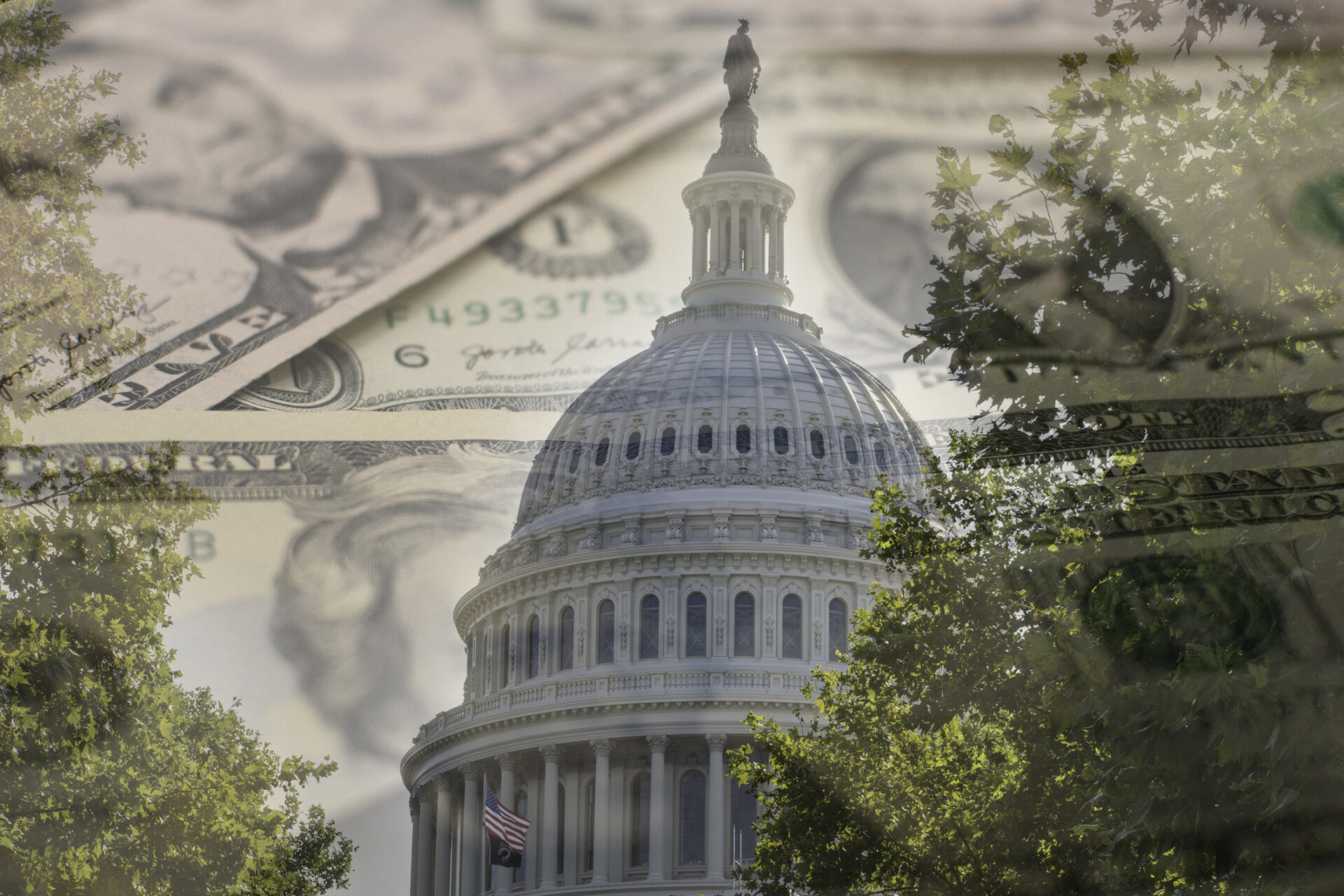A new analysis by Just Solutions reveals how the recently passed federal reconciliation bill changes policy, how much funding it rescinds for climate and environmental justice programs, and the drastic impacts on environmental protection and climate investments for environmental justice and frontline communities across the US.
On our nation’s Independence Day, President Donald Trump celebrated by signing a massive spending bill, H.R. 1, that, although named “One Big Beautiful Bill Act”, will have extreme and harmful impacts on environmental and climate justice. This reconciliation bill, passed by Republicans along party lines, extends the 2017 tax giveaway to the wealthy and slashes critical safety net programs like Medicaid and food assistance, while also pushing the US further toward an immigration police state. The bill’s expected consequences for climate and environmental justice are similarly devastating; it wipes out parts of the IRA, the biggest investment in climate action, and instead doubles down on polluting fossil fuels.
Read our complete analysis, Adding Fuel to the Fire: How the Republican Spending Bill Guts Climate and Environmental Justice Programs and Compounds Harm to Communities Across the US. The summary of our findings is:
- A review of the legislative language and accompanying CBO and JCT analyses shows that as much as $2.6 billion in federal spending for climate and environmental justice programs was rescinded in H.R. 1. This accounts for approximately 11 percent of the total $24 billion in Inflation Reduction Act (IRA) funding rescinded by this law. In other words, Congress rescinded 6.6 percent of the $40 billion in environmental and climate justice funding we identified in our 2022 analysis of the IRA.
- In H.R. 1, Congress did not attempt to rescind the vast majority of climate and environmental justice funding in the IRA — most of which was already obligated — but many ongoing climate and environmental justice programs will continue to face significant challenges from the Trump Administration. In keeping with the Administration’s record thus far, these challenges may likely include further improper attempts to terminate or modify awards, as well as continued nonresponsiveness from agency contacts.
- H.R. 1’s debilitating changes to the IRA’s clean energy tax credits will delay the country’s transition to renewable energy, raise household energy bills, slow economic growth, and kill jobs. With the notable exception of the Low-Income Communities Bonus Credit program, the IRA’s energy tax credits were generally not targeted to directly benefit frontline communities; however, the adverse climate, health, and economic impacts of these changes are likely to harm frontline communities the most.
- In addition to IRA rescissions, revisions, and repeals, other provisions in H.R. 1 creating new support for fossil fuels and weakening environmental protections will further disproportionately impact frontline communities.
The amount of climate and environmental justice funding rescinded in this bill is small relative to the full amount originally authorized and appropriated by the IRA, thanks to the work of Biden-era agencies that were able to obligate the vast majority of such funding before the change in Administration. However, environmental justice and frontline communities are still likely to be significantly harmed by the climate and energy provisions of H.R. 1, which are designed to increase fossil fuel extraction, processing, and use while also hindering the transition to clean, renewable energy. The Trump Administration has amply demonstrated their clear disregard for carrying out the laws enacted by Congress, so serious implementation challenges remain for programs that were not directly affected by amendments and rescissions in H.R. 1 Many of the same households and communities will be harmed by a combination of the changes in H.R. 1, from increasing the number of the uninsured by 10 million to decimating good union jobs by gutting clean energy tax credits, which has led to a sharp rise in project cancellations, compounding negative impacts among the people with the least resources to respond to them. While no one entity can replace the role of the federal government, state and local governments, philanthropy, and other parts of civil society can work together to fill the gap left by the federal government’s withdrawal from advancing environmental and climate justice solutions.
